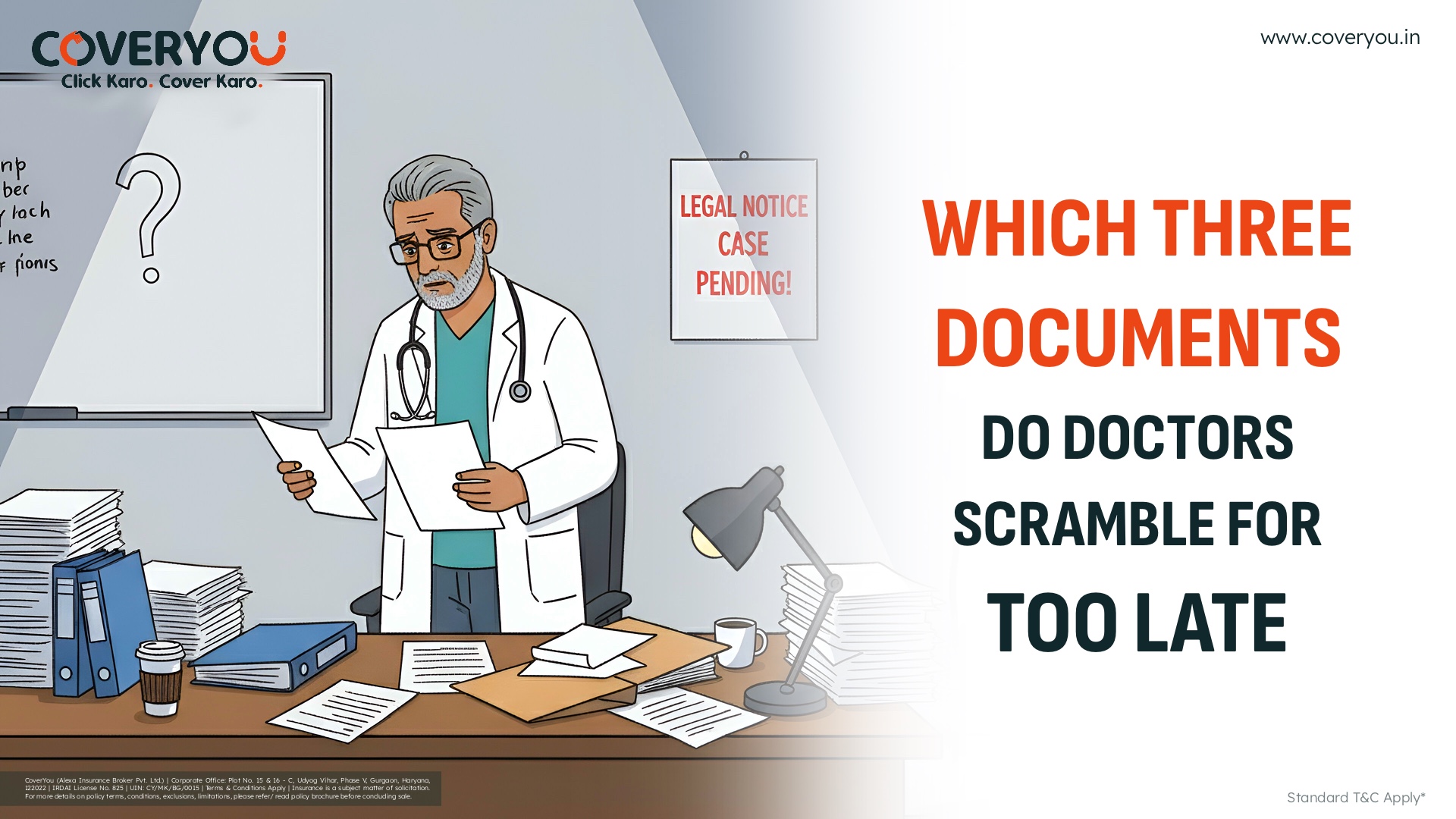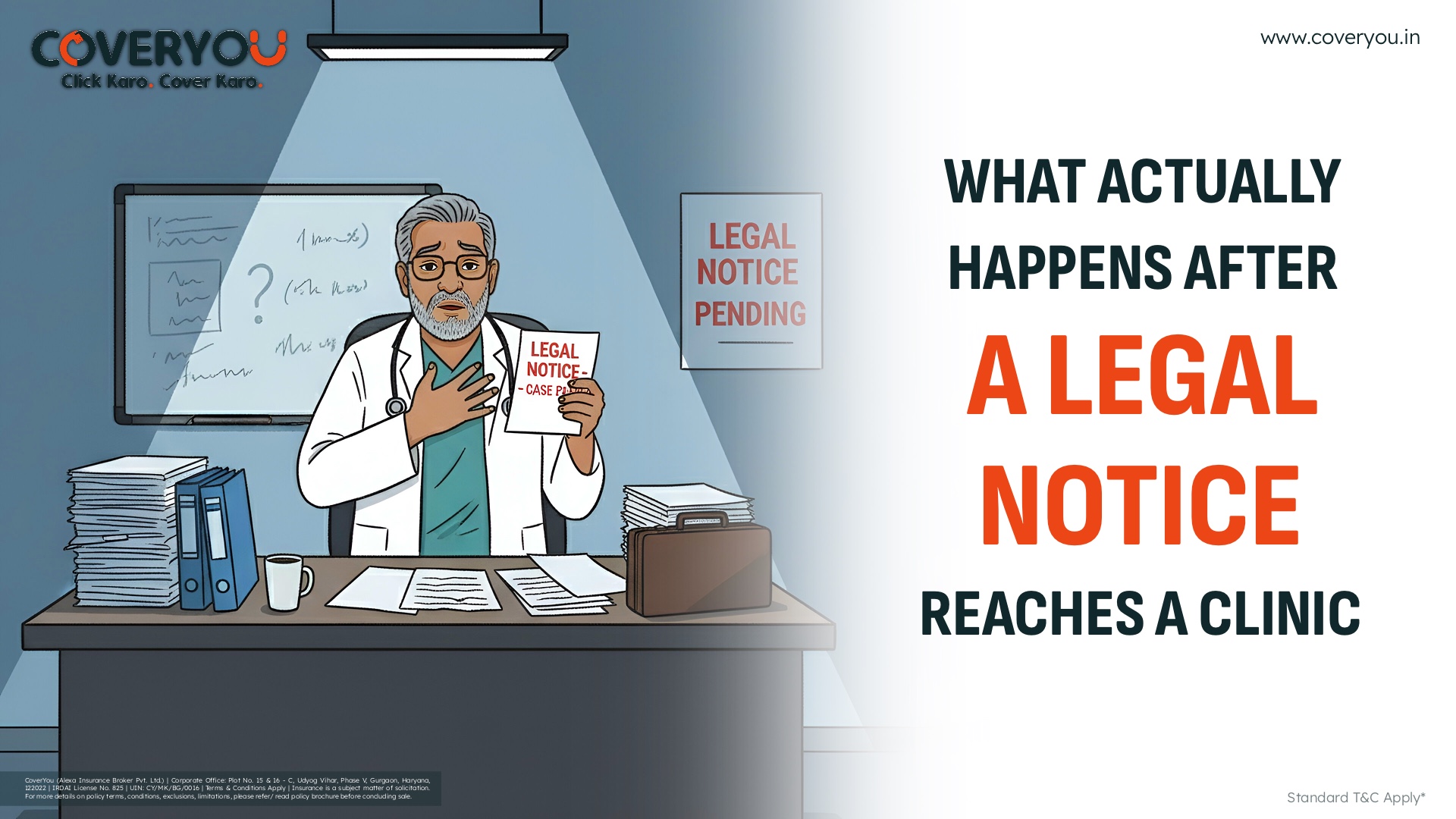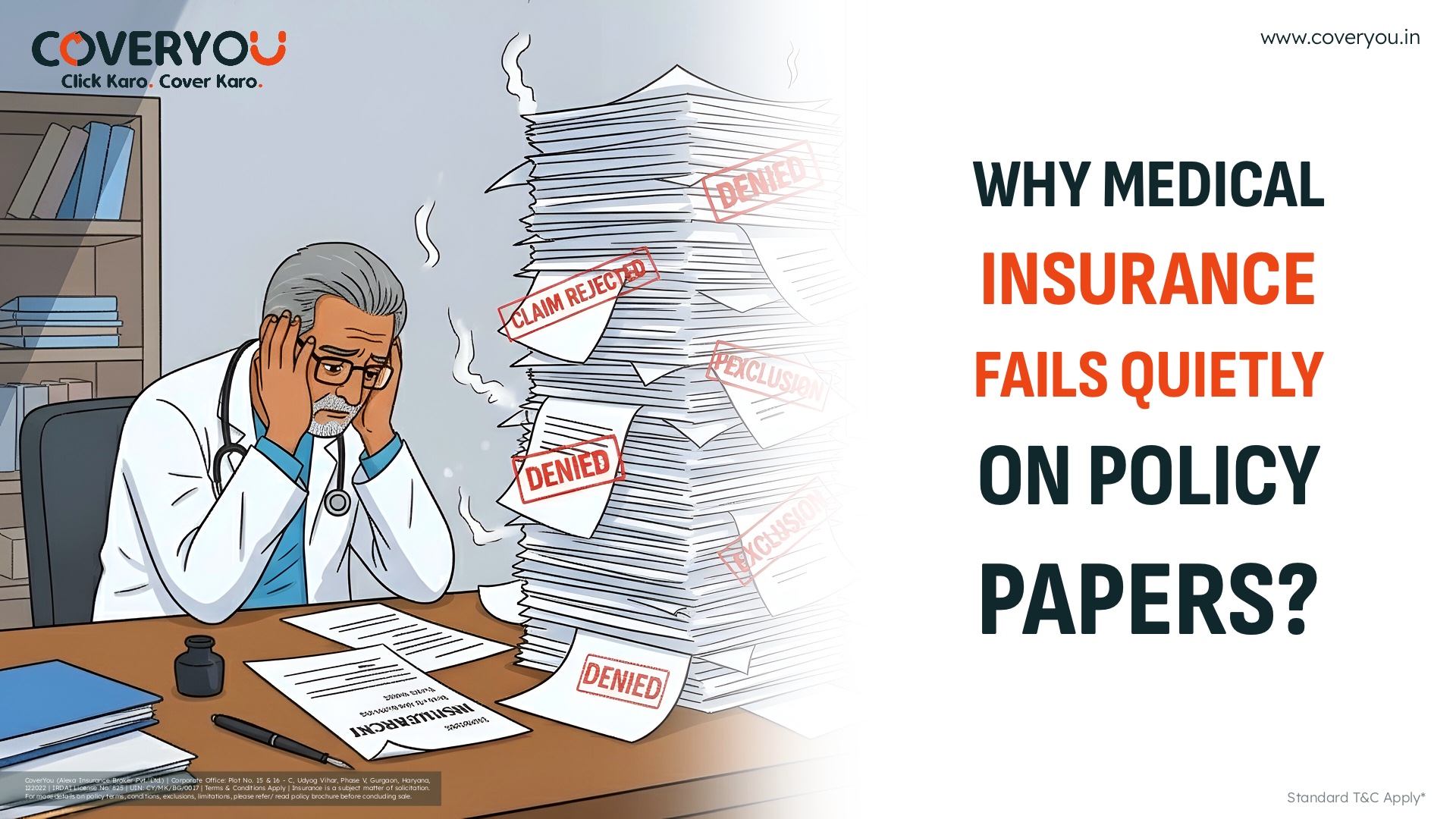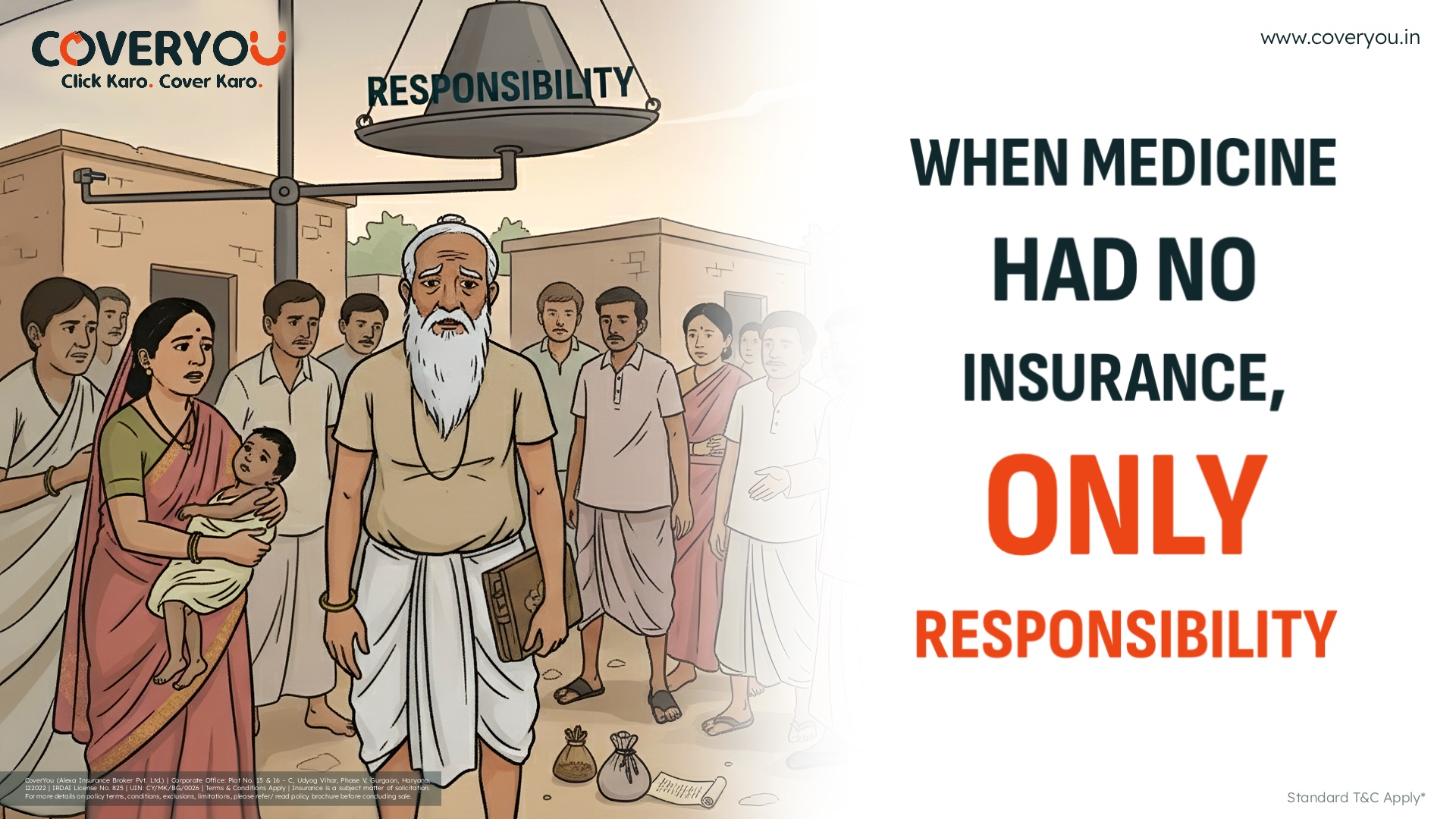Clinical psychology is the assessment, diagnosis, and treatment of mental health disorders. Clinical psychologists treat a wide range of clients who suffer from all types of problems: from anxiety and depression to severe psychiatric illnesses. The nature of their work is exceptionally responsible and riddled with possible complex emotional and psychological after-effects. Even with the best possible care, there is always a risk of complaints or claims due to misunderstandings or perceived failures of treatment.
Is a Psychologist a Doctor? Understanding the Terminology
The distinction between healthcare-related degrees and medical doctors often causes confusion. While both hold advanced educational qualifications, a medical doctor (MD) is not the same as someone with a doctorate degree (PhD).
A doctorate degree represents an advanced level of education based on rigorous academic and qualifying criteria. However, it does not equate to a medical degree. Medical doctors are trained to diagnose physical conditions and prescribe medication, whereas psychologists, in general, cannot diagnose physical illnesses or prescribe controlled substances.
According to the American Psychological Association, psychologists who have earned a PhD are entitled to use the title “Doctor.” However, most U.S. news outlets and the Associated Press (AP) disagree with the statements.
Risks Beurring Clinical Psychologists:
- Misdiagnosis or Wrongful Treatment: A patient can charge a clinical psychologist with misdiagnosis or wrongful treatment. This charge can be based on the functional impairment or harm caused to the patient due to this wrong diagnosis. There could be a resulting action for damages.
- Breache in the Confidence: Clinical psychologists have access to highly personal information. Any breach of confidence, whether by accident or through a cyber assault, can give rise to legal claims.
- Client Damage: A client can sue for professional negligence if they feel that the psychologist’s advice or treatment made them worse.
- Ethical Misconduct: There are rigid codes of conduct to be followed by psychologists. Boundary violations or dual relationships are grave allegations, which may have legal and professional repercussions.
- Poor Documentation and Record Keeping: Any disputes or claims due to lack of adequate documentation or faults in record-keeping can result if a client feels his case has not been dealt with properly.
Understanding the Role of Professional Indemnity Insurance in the Profession of Clinical Psychologists:
Most clinical psychologists have to get professional indemnity insurance because professional advice and treatment may expose the client to any risk from psychological problems. This is very important because it safeguards the psychologist from any legal liability. In case of a mistake or something that has been omitted in professional practice. Considering how sensitive their work is and the possibility of emotional distress or dissatisfaction on the part of clients, it is always best to be protected by PI insurance, as this will safeguard one against financial loss in case a claim arises. It provides indemnity for legal fees and compensation awarded when a negligence claim arises against a client who claims to have suffered some form of harm from therapy sessions or psychological tests. PI insurance therefore lets clinical psychologists focus on the well-being of their clients without constantly worrying about legal liabilities affecting their practice or reputation.
The Growing Need for Professional Indemnity Insurance in the Digital Age:
With online sessions of psychotherapy or telehealth, clinical psychologist faces a move to the very layout. Whereas digital platforms bring improved accessibility and convenience, they also open the practice to new risks related to data breaches and cyber-attacks. In reaction, professional indemnity insurance has evolved to provide covers that address such emerging risks and better protect clinical psychologists in traditional and digital environments of practice. As technology in mental health makes its way through, comprehensive PI insurance grows in importance.
Benefits of Professional Indemnity Insurance:
- Financial Protection: PI insurance pays for legal defence costs and any awarded damages, thereby saving psychologists from potentially catastrophic financial loss. Peace of Mind: With protection against claims provided, psychologists can practice with peace of mind and without constantly fearing litigation.
- Professional Credibility: Having PI insurance reflects professionalism and responsibility towards the profession. With regard to standards of care, thus inspiring trust among clients and employers.
Case Studies and Example:
Suppose you are a clinical psychologist being sued for misdiagnosis related to a patient’s mental health condition. He further states that the incorrect diagnosis led to inappropriate treatment, which aggravated his condition more. A psychologist in this situation would be liable for legal fees and damages awarded against them if they did not have Professional Indemnity Insurance, which could financially be crippling. With appropriate Indemnity insurance, all costs relating to defending the claim and any settlement are covered. That can safeguard a psychologist both financially and professionally.
CoverYou: Your Partner in Professional Indemnity You Can Trust.
It is important to choose the right provider for professional indemnity insurance. For clinical psychologists, CoverYou offers specially developed PI insurance policies that are comprehensive in content and scope. This insurance will protect clinical psychologists against a broad array of allegations related to negligence, diagnosis, confidentiality breaches, and more. Their policy permits clients to have legal advice and risk management resources. At their disposal to enable them to avoid claims. With CoverYou on their side, clinical psychologists can practice their profession with confidence and courage, knowing they have a reliable and supportive insurer at their backs.
Source:
https://www.gilmanbedigian.com/can-you-sue-a-psychologist-for-medical-malpractice/

















